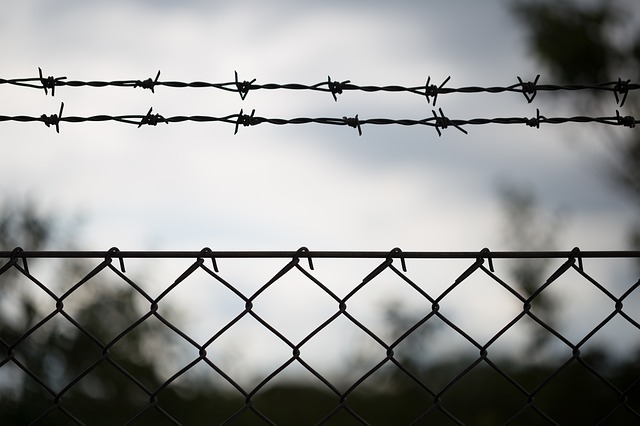
Well, it was only a matter of time until someone made this argument:
In Matt 25, when Jesus talks about caring for “the least of these,” he isn’t talking about the poor in general, but fellow Christians.
— Erick Erickson (@EWErickson) March 17, 2017
Matthew 25, the parable of the sheep and the goats, has long been a thorn in the side of the religious right. It’s a story that’s supposed to take place on judgment day, where Jesus exalts some people and condemns others for how they treated the poor, the needy and the sick, saying, “Inasmuch as ye have done it unto one of the least of these my brethren, ye have done it unto me.”
If you interpret this literally, it’s a major problem for the political agenda of American Christianity, which devotes itself with furious intensity to oppressing women and LGBT people, securing government endorsement of religion, enriching the already wealthy and waging war in the name of Jesus, but which has essentially nothing to say about helping the poor or feeding the hungry. This passage suggests that their entire culture war is backwards, and even that they should support some progressive notion of a safety net.
Their own Bible says that people who act like they do can expect eternal torment, so it’s no surprise that many evangelicals would like to find an interpretation that makes this passage go away. And here it is. Erickson’s argument is that this chapter isn’t about how you treat the poor in general, but how you treat Christian evangelists:
The secret to understanding Matt 25:45 is to put it in the context of the whole conversation, which requires you to read Matt 25:40, where Jesus is specially referring to “my brothers.” The Greek is more accurately “brotherhood.” The reference is to Christians, not the poor and needy in general. Judgment of the nations will be based on the response to the gospel. (source)
In other words, he says, Matthew 25 is really a condemnation of “those who would force Christians to violate their faith for the world”. Not to be upstaged, Denny Burk argues that this passage is really about defending the right of Christian businesspeople to discriminate against and refuse service to customers. Yes, the infamous Bakers and Florists of Conscience – they’re still mad about that:
This text is not about poor people generally. It’s about Christians getting the door slammed in their face while sharing the gospel with a neighbor. It’s about the baker/florist/photographer who is being mistreated for bearing faithful witness to Christ.
This is an audacious argument, one that right-wing evangelicals would very much like to be true. And to be fair, they point out that some ancient theologians interpreted this parable the same way, so it’s not as if their argument is made up out of whole cloth. But it doesn’t solve the problem they want it to solve.
The problem for conservative Christians like Erickson and Burk is that, in this passage, Jesus is judging the nations for how they treated “the least of these” – but says nothing about praising or condemning anyone for their religious beliefs. Everything centers around people’s actions. And that remains true even if you redefine “the least of these” to mean only Christians.
This argument would imply that if you didn’t mistreat Christian evangelists – you gave them food when they were hungry, cared for them when they were sick, clothed them adequately, and so on – but rejected their message and didn’t convert, you’d go to heaven anyway. I wouldn’t want to speak for them, but I sincerely doubt that’s what Erickson and others are arguing.
Of course, I’d be happy with this conclusion. I’d like to see a society that treats all people with equal dignity and guarantees their access to the basic necessities of life. But to evangelical Christians in America today, “equality” is a dirty word.
What Christianity is becoming, and will become, is a cult of the in-group. Their primary devotion is to the idea of Us Against The World. What they want more than anything else is for those who believe as they do and look like they do to receive special privileges and protection. While they may pay lip service to the remaining biblical verses about helping the poor, it’s inevitable that when Christians gain political power, those verses are shunted aside. (They may cast this as a principled stand against intrusive state power, but they never seem to have a problem with the state using its power for coercive functions, only for helpful ones.)
This tendency is present in all religions to an extent. It’s a big part of why religion exists at all. But usually there’s a countervailing conception of justice and universality that leads believers to push for positive social change. However, I don’t see that in evangelical Christianity at all any more. They’ve spent decades trying to convince themselves that everyone who isn’t like them is an enemy, and the tragedy is that they’ve finally succeeded. The entire belief system has been taken over by a supercharged sense of in-group cultishness, and I no longer see a way back.